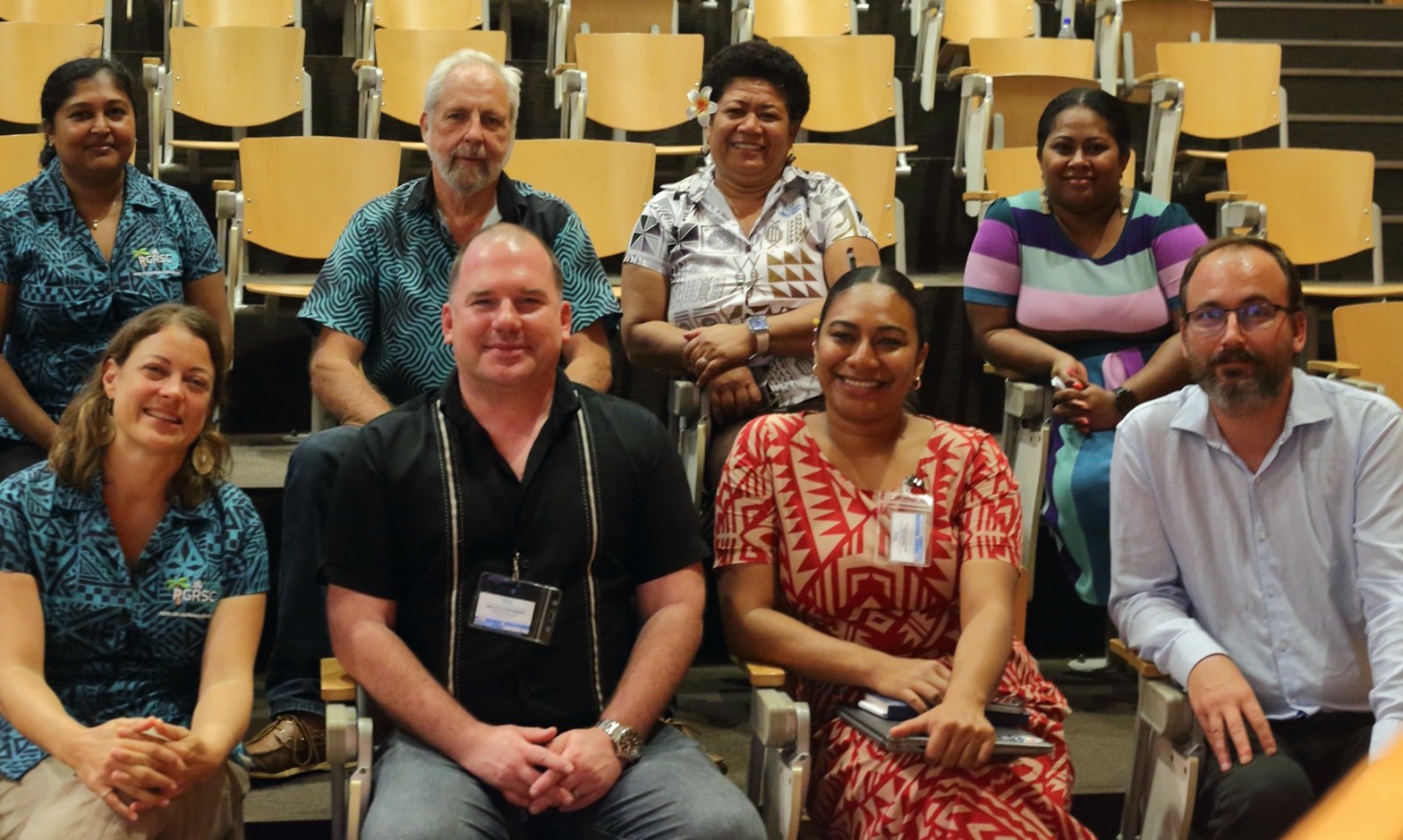MORE than 300 delegates from the region and around the world will meet in Fiji in November for the annual Pacific Islands GIS and Remote Sensing (PG&RS) User Conference.
Pacific GIS and Remote Sensing Council (PGRSC) board chairperson Bradley Eichelberger said the conference was recognised as one of the largest GIS and Remote Sensing conferences attended by Pacific Islanders to network with the large contingent of invited international researchers, professionals, academics, NGOs, private-sector partners and government officials.
“This year the president of ISPRS (the International Society for Photogrammetry and Remote Sensing), Prof Lena Halounova, will travel from Prague to meet Pacific Island GIS and RS users, in recognition of PGRSC’s effort,” Mr Eichelberger said.
He emphasised the value of in-person collaboration, where scientists and companies would learn from Pacific Island users and adjust methods and research accordingly.
He said around 70 presentations were anticipated during the four-day program.
“As the name implies, the conference is a platform for people from Pacific Island countries who are already using GIS and Remote Sensing systems to address many of the questions they, and indeed the rest of the world, are asking.
“For example, how do we plan to mitigate against the impact of extreme weather events? How do we build resilient communities that will withstand the challenges of climate change?
How can we measure changes to our vulnerable coastlines? Where, how large, and how accessible are our water resources?
Where and how can we establish environmentally friendly, sustainable agricultural development?”
The theme of the conference is ‘Building and Enhancing Geospatial Networks in the Pacific’.
It will be held from November 24-27 at the USP’s Japan Pacific ICT Centre in Suva.
GIS and Remote Sensing provide images and data, supplying the baseline information needed, for example, for effective urban, rural and coastal planning; for strengthening fisheries and agricultural development; for sustainable forest, land, and water management; to protect cultural resources, and to plan and build resilient communities that are able meet the challenges of climate change, and to anticipate and effectively recover from extreme weather events.
Note: This article was first published under the headline: 300 to attend GIS conference in Page 14 of the print version of The Fiji Times dated Thursday, September 25, 2025



